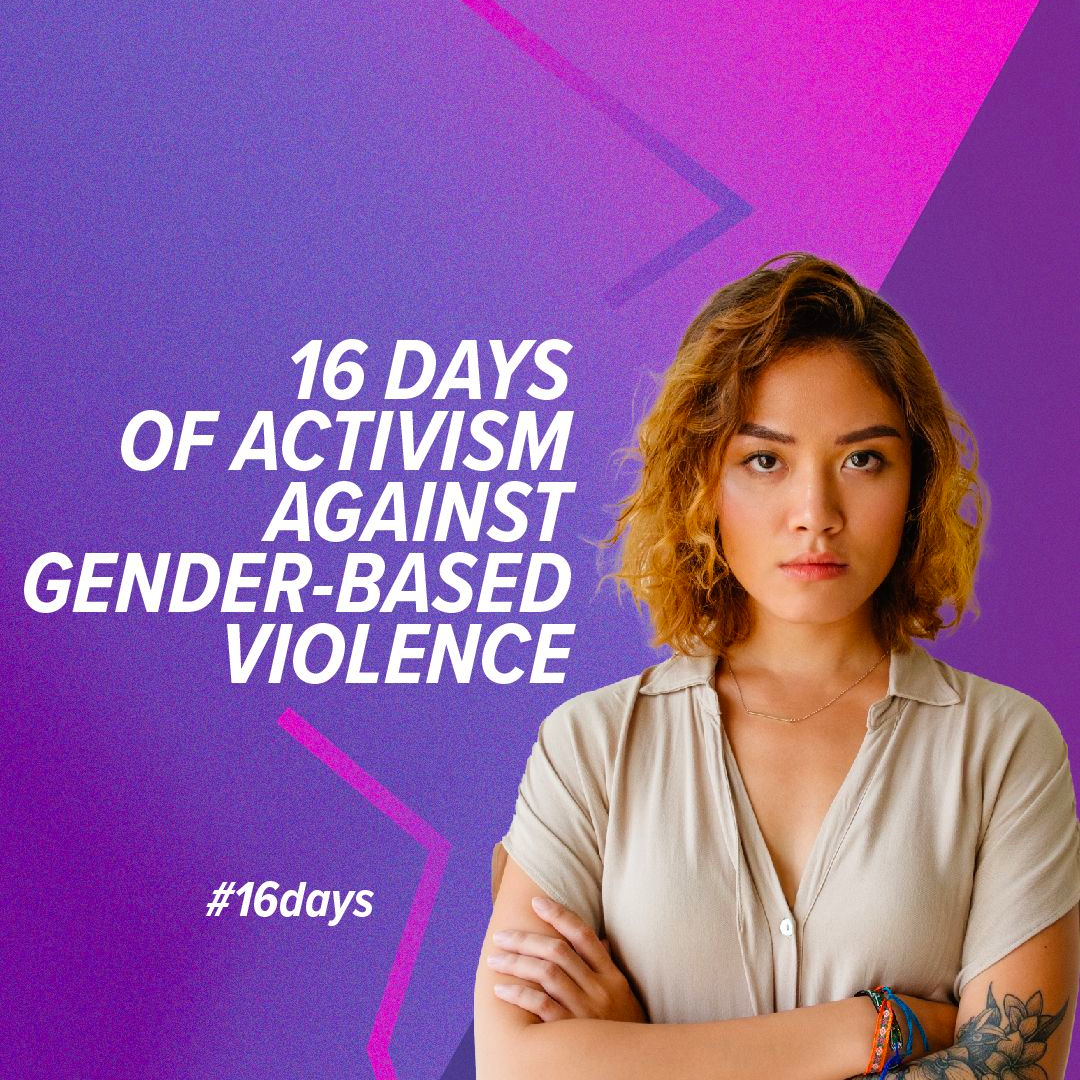November 25 marks the International Day for the Elimination of Violence Against Women and the start of the ‘16 Days of Activism Against Gender-based Violence’ campaign, which culminates in Human Rights Day on December 10. But how is this relevant for HR?
As more and more HR professionals are tasked with leading IDEA (Inclusivity, Diversity, Equity and Accessibility) initiatives in the workplace, this time of year offers an opportunity to critically analyze how the HR function can foster safety and well-being for workers, in and beyond the workplace. This ties in with the 2022 campaign theme: It’s Not Just. Shedding light on the prevalence of dismissive attitudes that worsen gender-based violence, this theme emphasizes the systemic nature of such violence. In turn this means that we all have a role to play in ending this form of oppression.
How can HR professionals contribute?
Advancing the focus on equity while also enhancing your professional skillset is one notable way that HR professionals can make a difference on this front. By strengthening your understanding of how gender-based violence can manifest in and be addressed in the workplace, you can play a key role in making your organizations feel safer for all. Here are several courses and certificate programs that can equip you with the tools you need.
Diversity and Inclusion Certificate Program
This upcoming offering in April 2023 equips HR professionals to create a more diverse and inclusive environment. You will become familiar with the benefits of acknowledging the diverse, lived experiences of coworkers as well as the ways in which employees can help foster inclusivity.
Mental Health Certificate for HR Professionals
As an HR professional, you are at the front-line of your organization’s workplace mental health and wellness programs and strategies. This program will give you the knowledge and confidence to navigate conversations about mental health in the workplace, while also considering legal and ethical implications.
Other training opportunities include:
- Mental Health and Psychological Safety Online Master Certificate Program
- DEI Training
- Conflict Resolution: Difficult Conversations
How can members of the public contribute?
First and foremost, to become an ally it is crucial to actively listen to others’ experiences and to support the survivors of violence and those affected by it. It is also equally important to speak out against GBV and to amplify your voice through the channels available to you. Below are a few of the many more ways you can get involved:
- Learn about gender-based violence and share this knowledge with others. This can mean familiarizing yourself with your workplace’s policies about harassment and violence. It can also mean expanding your knowledge base through structured learning opportunities, such as courses, workshops and educational events.
- Check out these resources on how you can intervene:
- Looking for ways to make change? 16 ways you can help end gender-based violence
- Check out the “It’s Not Just’’ youth awareness campaign to end gender-based violence
- Visit the Gender-based Violence Knowledge Centre website
- Read the full text or simplified version of the Universal Declaration of Human Rights
- Implement what you have learned by taking action. This can look like donating time, effort or resources to organizations that are mobilizing against gender-based violence. It can also mean sharing resources within your network and normalizing conversations about difficult topics in order to cultivate an environment where those affected by gender-based violence feel safe and welcome to speak up.
Additional Resources for HR Professionals
In addition to the above, there are numerous resources available that tackle the multi-faceted aspects of gender-based violence, including how they can show up in and be addressed in professional settings.
Resources on Workplace Violence Harassment:
HRPA – Doing Our Duty: Preventing Sexual Harassment in The Workplace
Workplace violence and workplace harassment
Understand the law on workplace violence and harassment
Ontario Human Rights Commission’s policy on preventing sexual and gender-based harassment
Workplace strategies for mental health – Harassment and bullying prevention
Resources on Human Rights:
Human rights issues at all stages in employment
Human Rights at Work 2008 – Third Edition
Ontario Human Rights Commission – Policies and guidelines
Guide to your rights and responsibilities under the Human Rights Code
Blog Posts
April 04, 2024
